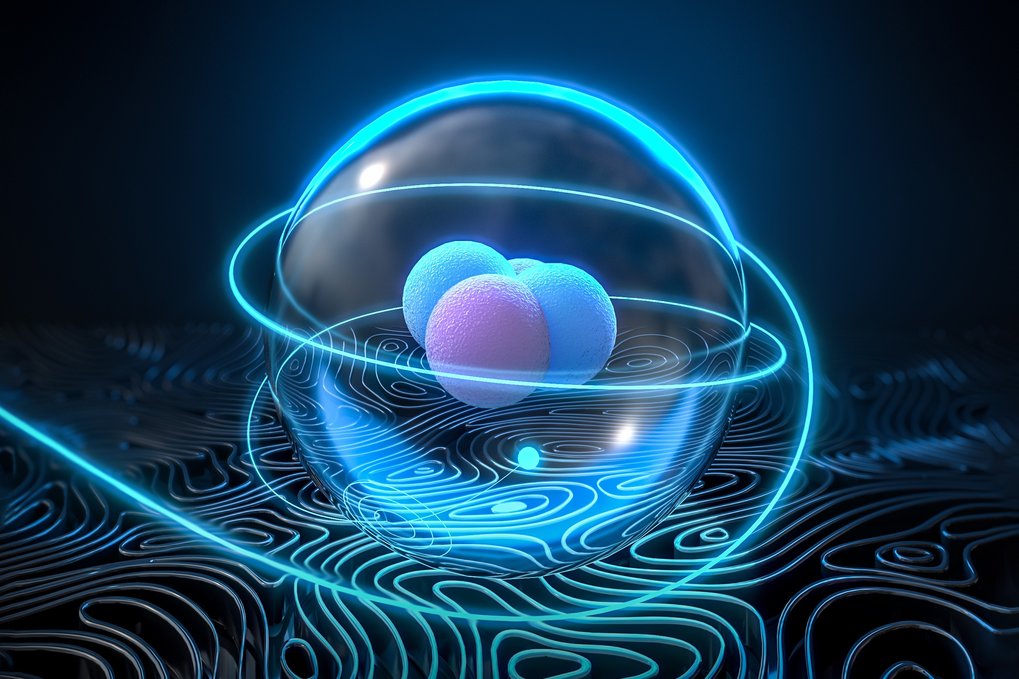Antiprotons
Antiprotons are a type of subatomic particle, similar to protons but with an opposite charge. They were first discovered in 1955 by the physicist Emilio Segrè and Owen Chamberlain at the University of California, Berkeley using bubble chamber technology. Antiprotons are produced naturally as part of cosmic ray showers which interact with Earth’s atmosphere. They can also be artificially created in laboratory conditions through collisions between particles accelerated to near light speed.
When antiprotons come into contact with normal matter such as protons or electrons, they annihilate each other and form gamma rays. This process is used in medical imaging techniques such as positron emission tomography (PET) scans, where tiny amounts of antiproton-emitting molecules are injected into a patient’s body and then monitored for energy output from their annihilation reactions within tissue structures. In addition, antimatter has been proposed for use in space propulsion systems due to its immense potential for energy production when it reacts with regular matter.
The properties of antiprotons make them useful tools for studying fundamental physics questions such as symmetry tests and searches for new forces or particles beyond what is currently known about particle physics. By colliding beams of antiparticles together at high energies physicists have made significant contributions to our understanding of quarks, leptons and their interactions in nature through experiments like those conducted at the Large Hadron Collider (LHC). Further studies involving antiparticle collisions could help us understand more about dark matter and may even lead to new forms of energy that could revolutionize our current technologies one day!


